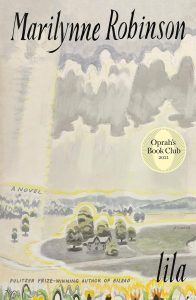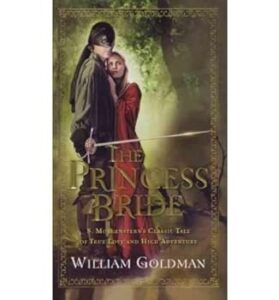 Takeaway: Love, in essence, is the greatest expression of Grace.
Takeaway: Love, in essence, is the greatest expression of Grace.
It is not often that I re-read a book so quickly after a first reading, but Lila was the best novel I read last year and I wanted to re-read fairly quickly to see if I was just swept up or if I would love it just as much the second time.
The first time I listened to the audiobook, this time I read it on kindle. I didn’t realize (because I was listening) that there are not chapters, but only pauses. That lack of formalized structure reflects Lila, who is uneducated, almost feral.
At the beginning of the book Doll takes Lila (as a young child) from the home where she was being ignored and neglected (nearly to death) and raises her the best she can. But because of that kidnapping and some other background, Doll and Lila are on the run for all of Lila’s childhood and young adult life. There is no one, except Doll, that Lila can trust; no one that really loves her.
So when Lila stumbles into Gilead and meets the elderly pastor John Ames and is loved by him (and eventually married to him) that lack of trust in the world does not end over night.
 Takeaway: The classic 1973 book, which was made into the 1987 movie, is still worth reading.
Takeaway: The classic 1973 book, which was made into the 1987 movie, is still worth reading. Summary: A series of six lectures on spiritual development.
Summary: A series of six lectures on spiritual development.
 Summary: AW Tozer is one of the great spiritual writers of the 20th century, and a prime example of God using less than perfect people.
Summary: AW Tozer is one of the great spiritual writers of the 20th century, and a prime example of God using less than perfect people.

 Summary: A wide ranging book on communication in marriage.
Summary: A wide ranging book on communication in marriage. Takeaway: Still a great book. Violence came through even more in audio format.
Takeaway: Still a great book. Violence came through even more in audio format.